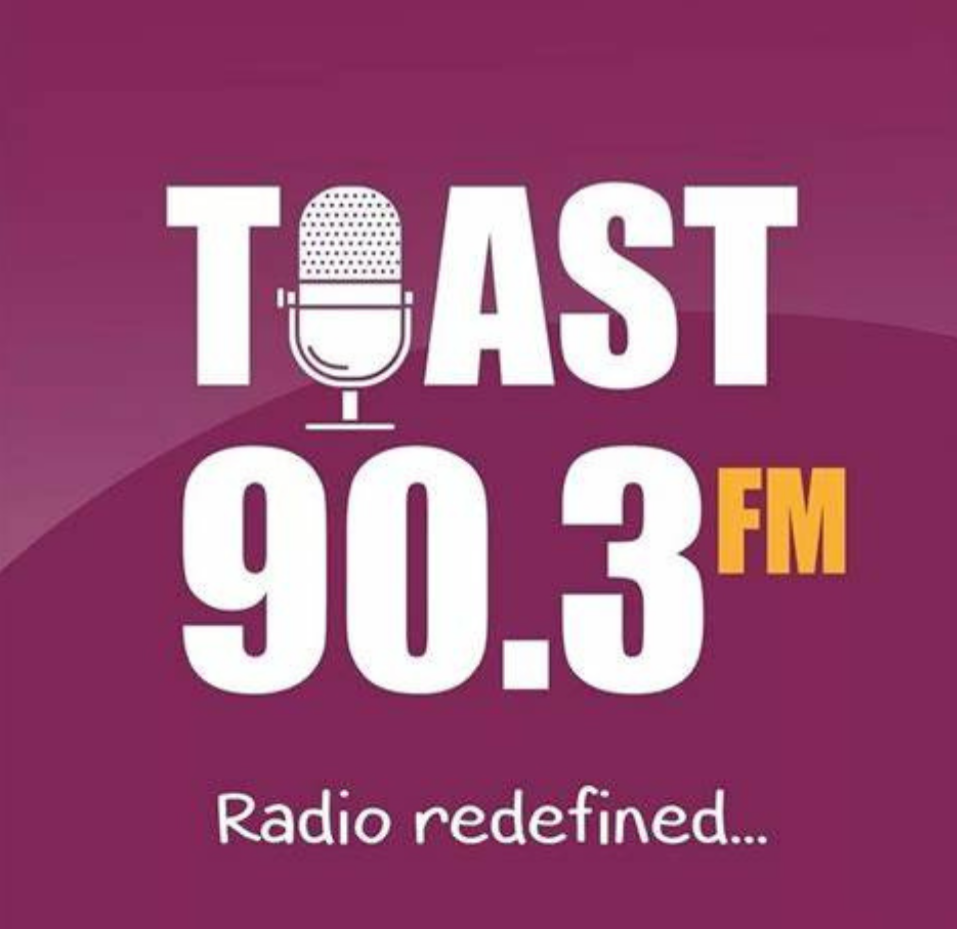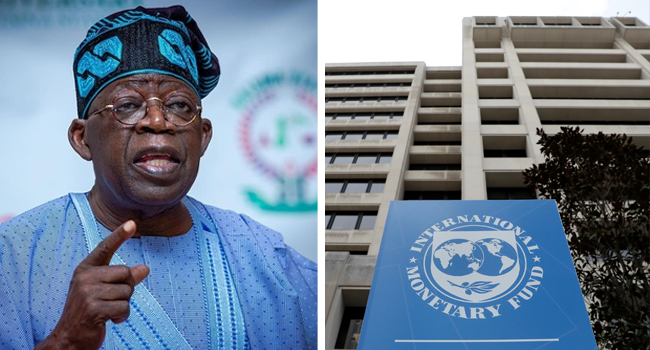Presidency has criticised the International Monetary Fund (IMF) for its recent harsh assessment of Nigeria’s economic reforms, inflation, and poverty levels.
The IMF’s report highlighted challenges such as high inflation, slow reform impacts, declining per capita GDP, and a poverty rate of 42% in 2023. It also pointed out issues like limited access to foreign currency, strained public finances due to fuel subsidies, and inflation driven by central bank financing.
While acknowledging that Nigeria has made progress through reforms like liberalizing the forex market, reducing fuel subsidies, and improving revenue collection—leading to increased reserves and improved credit ratings—the Presidency emphasized that significant challenges remain, including persistent inflation, poor infrastructure, high poverty, food insecurity, and lack of effective social safety nets.


Leave a Reply